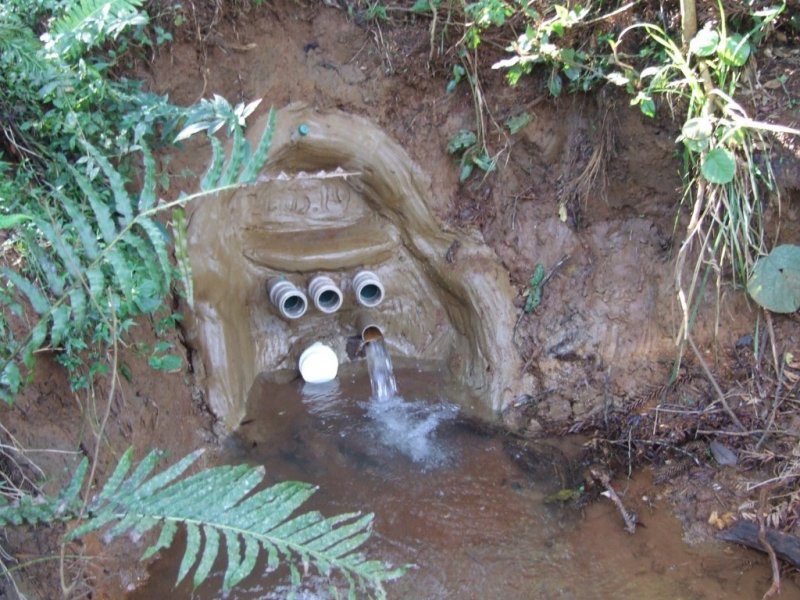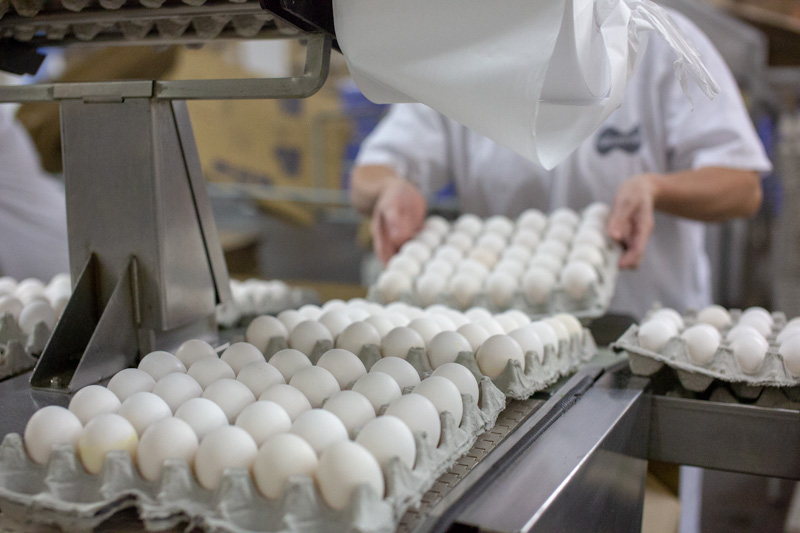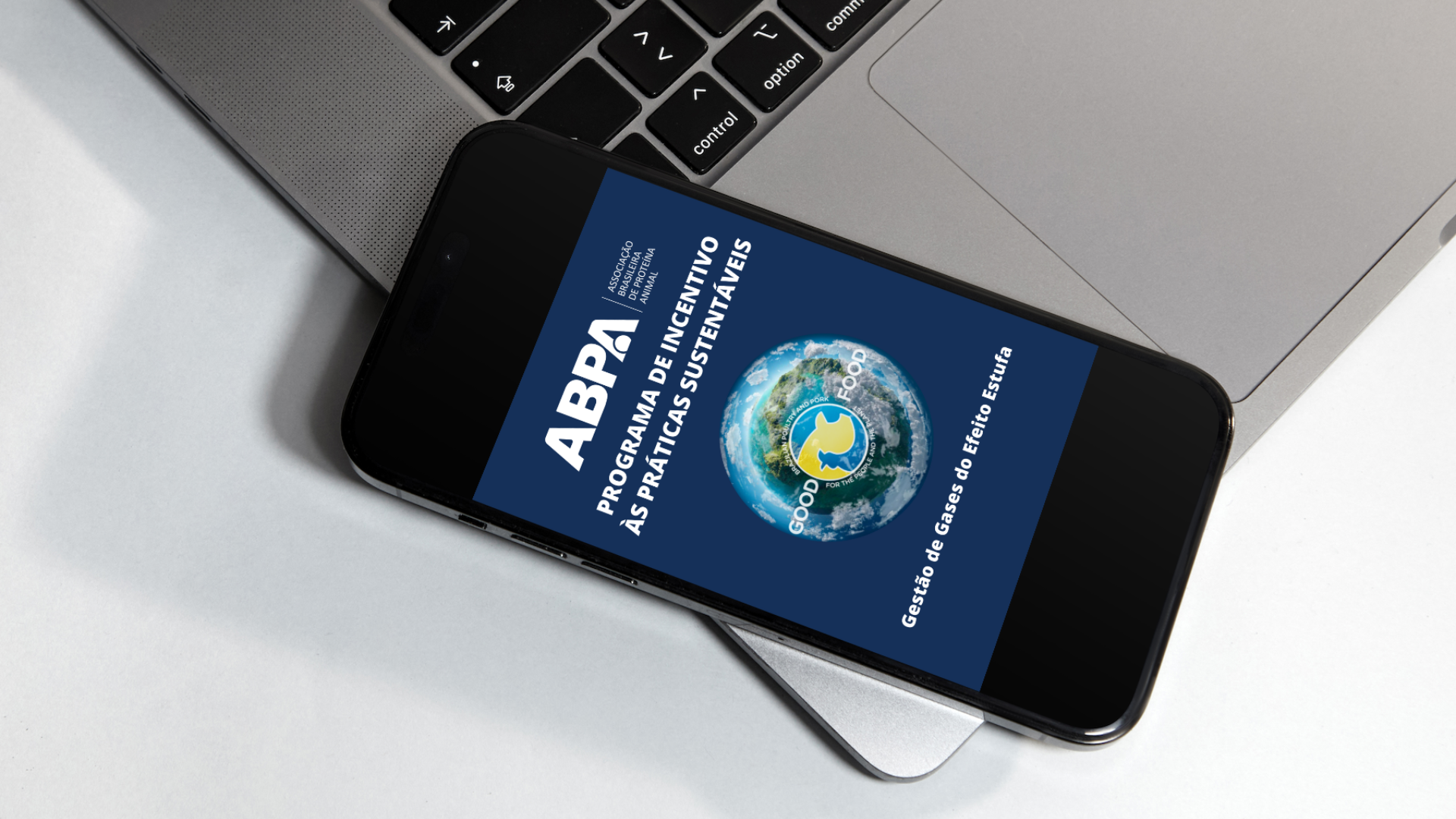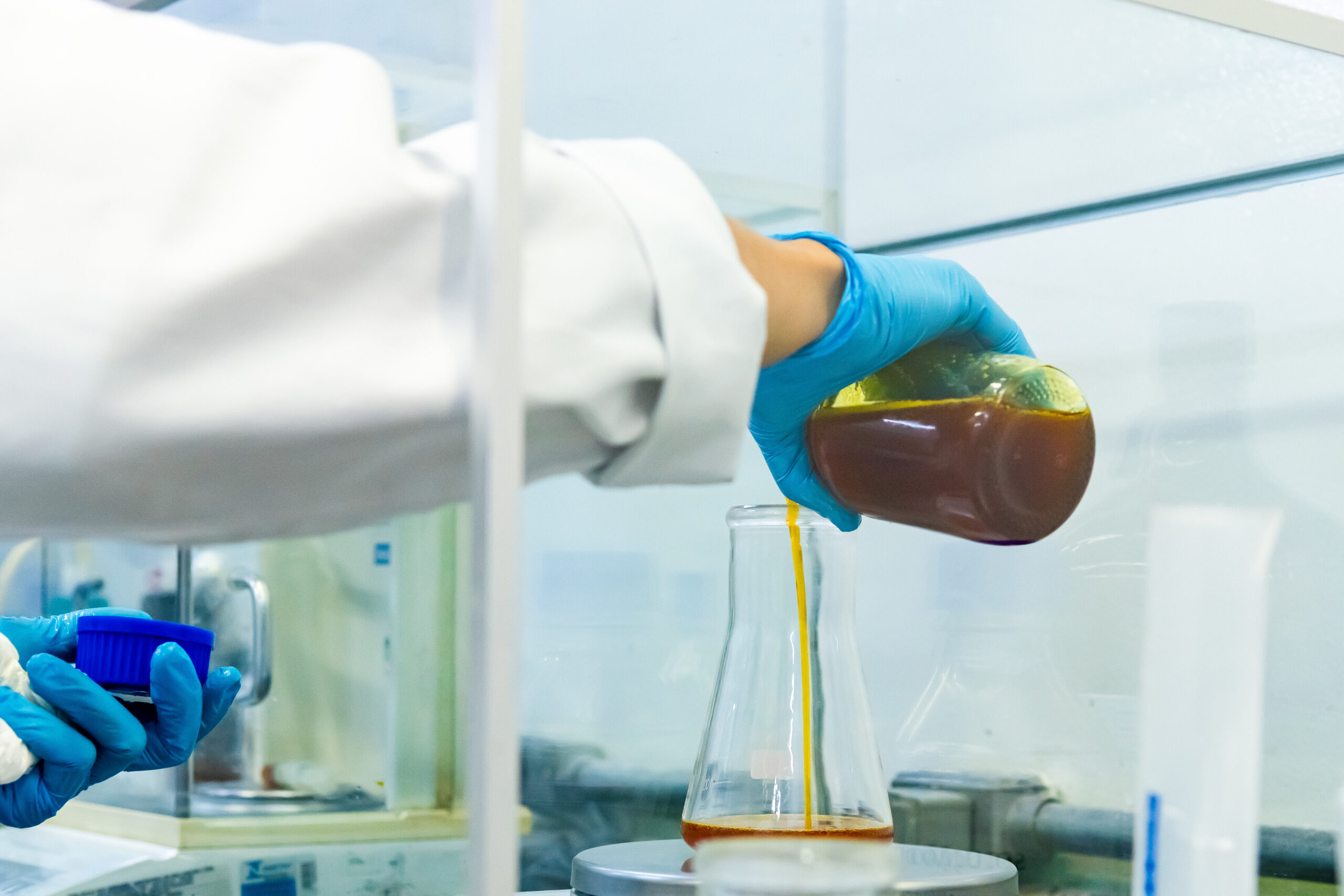Environment
COOPAVEL: Água Viva Project recovers water sources in Brazil and abroad

A sustainable attitude is not limited to productive activity. It goes beyond factory walls and property gates. It is within this purpose that Coopavel, in partnership with Syngenta, developed the Água Viva Project. An initiative to care for and preserve the environment, the Project integrates the cooperative and its producers to preserve the water that is consumed on the properties through the recovery and conservation of springs.
The first steps of the initiative took place in 2004. In addition to the protection and preservation of mines, the project seeks to provide information to rural families about the importance and need to preserve water resources existing on their properties.
In practice, the project seeks to ensure that quality water reaches not only the properties and the production system, but also the end consumer. The flow of water from the spring is increased, avoiding water shortages during periods of long drought, which will improve the quality of life of families and increase the value of rural properties. The production chain is directly impacted, with improvements in the productivity of poultry, pigs and dairy cattle. Added to the project, there is also the promotion of environmental education for producer families.
How it works: the recovery is carried out by a technical professional, the labor is paid for by Coopavel and Syngenta. The producer is only responsible for the external cleaning of the site and the acquisition of materials: cement, iron stone, sifted earth and PVC pipe. Before starting the recovery process, the water undergoes analysis. A first collection is made before recovery and another after six months, so that a quantitative and qualitative technical survey of the quality of this water can be carried out. It is a precaution to ensure that, in the event of contamination, the water does not harm poultry, pig and livestock production, as well as the health and well-being of families.
As a result, previously contaminated springs are recovered for use by farming families, animals and crops. All this work is coordinated by Unicoop – Universidade Coopavel, which together with the managers of the cooperative’s branches, identify possible sources of water, with the producer’s consent, carry out all the work necessary to recover the springs. The springs and mines for recovery are identified by the branch manager or agronomist, after identification, Unicoop is informed to speak with the owner to propose the project.
In this way, more than 12 thousand springs located in Brazil and neighboring countries (such as Paraguay) have already been recovered in almost 20 years of projects, with a direct impact on production, the environment and society. It’s something like 1 billion liters of water.
“This is a project that goes beyond water recovery, it raises people’s awareness about preserving the environment in all its scope. The Água Viva Project aims to show rural producers the importance of preserving the Environment”, says the president of Coopavel, Dilvo Grolli.
Find out more about the project and Coopavel on the website https://coopavel.com.br/
READ TOO

Food Safety
02/10/2023
Eggs from Brazil support Asian demand for the product
Brazil’s egg export sector is gaining importance on the shelves of Japan, a country that is a traditional importer of chicken meat […]
Read more
Environment
02/10/2023
ABPA releases guide with guidance on GHG management
The Brazilian Animal Protein Association (ABPA) released through its ABPA Program to Incentive Sustainable Practices, a guide that deals with the management […]
Read more
Environment
07/03/2024
JBS program transforms 26 million liters of used cooking oil into biodiesel
The collection of 4.5 million liters of used cooking oil last year promoted a 15% growth in the company’s shares With […]
Read more
